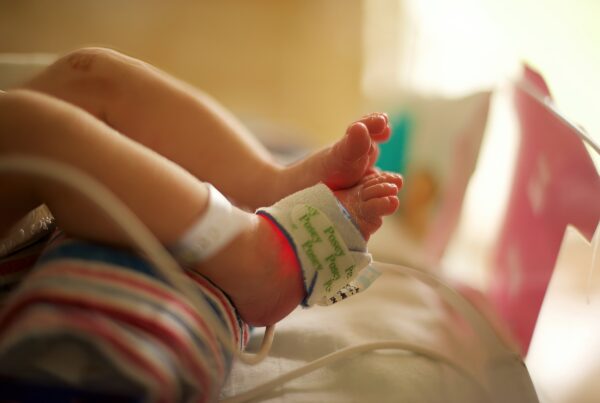A recent study has found that battery-related injuries and deaths in children have more than doubled in the last decade – and batteries the size of buttons are largely to blame.
Button batteries are about the size of a quarter or smaller, and can be found in car key fobs, watches, cards and other toys – and can cause serious damage if a child accidentally swallows one.
Such was the case for a Missouri first grader this past Christmas season. She accidentally swallowed a button battery that was made for a custom-watch her grandmother gave her for her birthday, and suffered serious injuries, according to KSDK.
Simon Law is now representing the family of a child who died after ingesting one of these types of batteries and is accepting additional cases involving button batteries.
And it doesn’t have to happen.
Companies have known for years about how simple fixes can prevent children from getting injured or even dying.
Yet, more than 3,000 children nationwide accidentally swallow these types of batteries, and according to the U.S. Consumer Product Safety Commission, more than 70 have died and thousands have ended up in emergency rooms after swallowing them.
This study, which analyzed data from 2010 through 2019, revealed that every 75 minutes in the United States a child younger than 18 visited an Emergency Department for a battery-related injury. That’s more than twice the frequency reported in a study that looked at data from 1990 through 2009.
Among cases where the battery type was known, button batteries were involved 85% of the time.
“Both regulatory efforts and increased public awareness of the hazards are needed,” said Mark Chandler, MPH, lead author of the study, and Senior Research Associate with Safe Kids Worldwide according to a press release from Nationwide Children’s Hospital. “Until secure battery compartment designs and ultimately a safer button battery technology are widely adopted by industry, these injuries in children will continue.”
If ingested, a battery can burn through a child’s esophagus, leading to devastating injury or even death.
In the current study, ingestions accounted for 90% of battery-related ED visits. If no one sees the child swallow the battery, or knows that it occurred, the results can be catastrophic.
The most simple fix is one that’s been around for decades, and it includes using die that turns blue should saliva hit the battery. That way a parent or guardian would know if a child ingested a battery and could take immediate action.
Better packaging is now required by a federal law called Reese’s Law. It was spearheaded by the family of a child who died after ingesting a button battery.
There also are steps families and guardians can take to help reduce battery-related injuries. The Nationwide Children’s Hospital has published a list the following tips:
- Keep button battery-controlled devices out of sight and reach of children. While important for all ages, this is especially important for kids ages 5 and under. These devices include remote controls, musical greeting cards, digital scales, watches, hearing aids, thermometers, some children’s toys, calculators, key fobs, tea-light candles, and flashing holiday jewelry or decorations, all of which often contain button batteries.
- Keep all batteries locked away, out of sight and reach of children.
- Examine products and make sure the compartment that houses the button battery is secure, such as being closed with a screw, so that it is difficult for a child to access the battery. If the product is damaged or the button battery compartment cannot be secured, stop using the product and keep it away from children.
- If you suspect your child has ingested a battery:
-
- If your child is over 12 months of age, give 2 teaspoons of honey every 10 minutes (if immediately available and no allergy) and go straight to the ED.
- If under 12 months of age, do NOT give any honey and go immediately to ED.
- Do not induce vomiting or have your child eat or drink anything else.
- Call the National Battery Ingestion Hotline (800-498-8666) 24/7 for additional information.
If you or a loved one has been affected by swallowing a button battery, contact Simon Law today for a free consultation.







